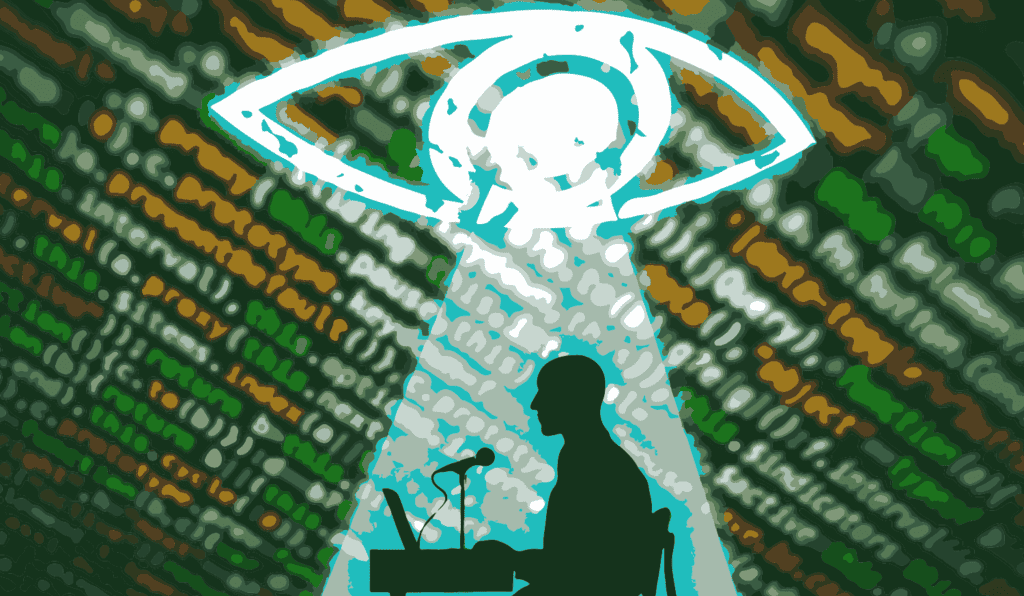On 03 May every year, media workers here in the Pacific and across the globe
come together to reflect on issues of press freedom and professional ethics.
This year, UNESCO set “Journalism Under Siege” as the theme of celebrations,
in recognition of the many digital threats media workers are faced with daily.
While digital technologies and social media have presented huge opportunities
for content and revenue for the media, these opportunities come with
challenges.
Here in the Pacific, digital and social media have revoluntionarised how we
receive, consume and share information – competing with traditional media.
The public can now consume news and information on multiple platforms and
in real time. As we’ve seen with live events like natural disasters and political
announcements, social media platforms such as Twitter and Facebook allow the
public to contribute to and control the news, reaching a tuned-in audience in
real-time, often faster than any traditional news outlet has time to publish a
story.
Perhaps the biggest effect of social media on traditional media and content is
that now everyone feels like they have a voice. Whether through Facebook,
Twitter, Instagram, social media has provided a public forum for anyone who
has an opinion. This has also led to a wave of voices and influencers on social
media.
These opportunities bring with them online opportunists who spread and
manipulate lies, fake news for their own purposes – discrediting in most cases
journalists who are reporting the news.
This new digital era has also put journalists and their sources at greater risk of
being targeted, harassed and attacked from digital surveillance. Increasingly in
the Pacific, we are seeing more women journalists being attacked, vilified and
harassed online by members of the public.
PINA is calling on national media associations to take up these issues with
relevant authorities to ensure our journalists work without having to look over
their shoulders or deactivate their social media accounts because of fear of
being attacked for doing their jobs.
PINA is urging these social media platforms and police services to take strong
steps to prevent and eliminate online attacks, campaigns of harassment,
intimidation and violations of privacy, against journalists.
PINA is urging owners of social media networks commonly used in the Pacific
like Facebook, Twitter and Instagram, to be more transparent and respect the
freedom, privacy and safety of journalists. Social media networks must do more
to tackle disinformation and hate speech while protecting freedom of
expression.
